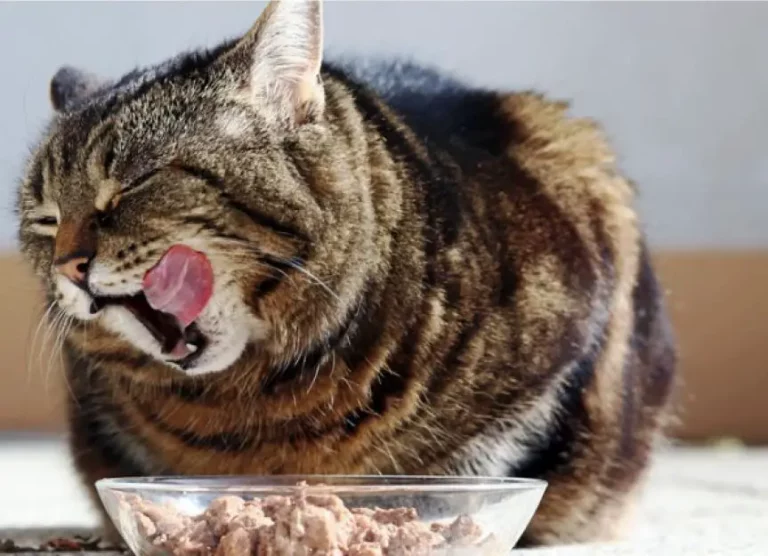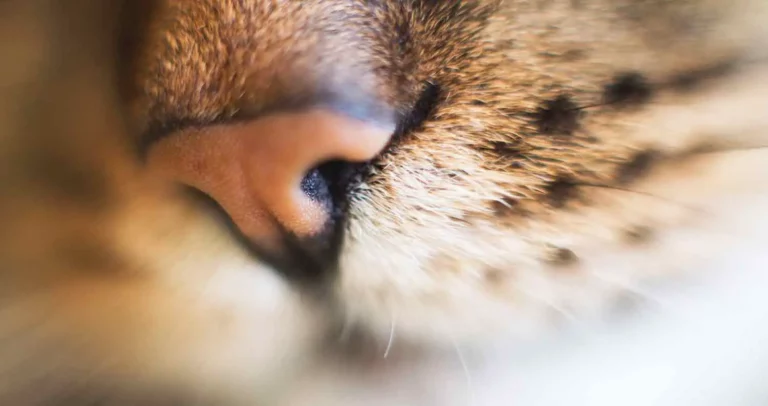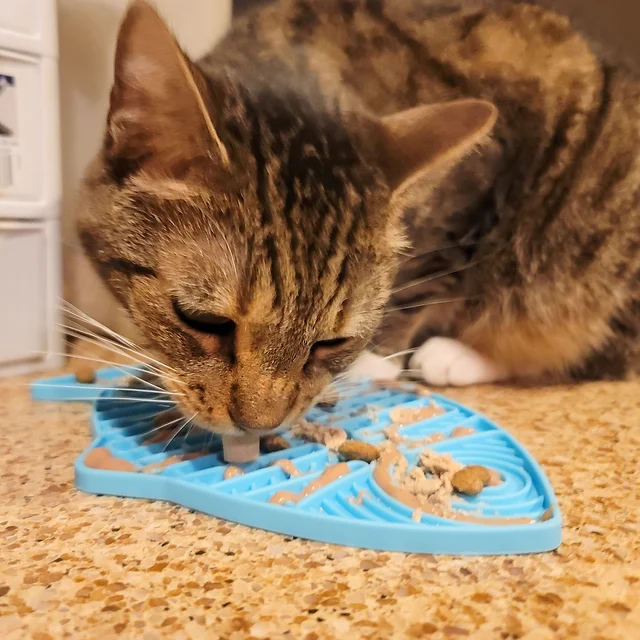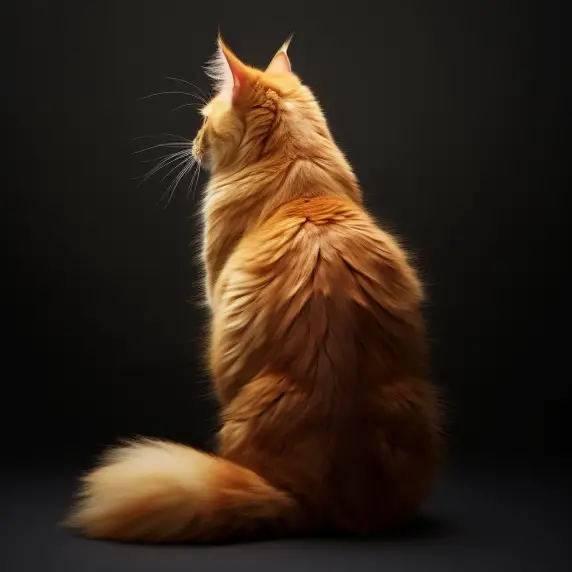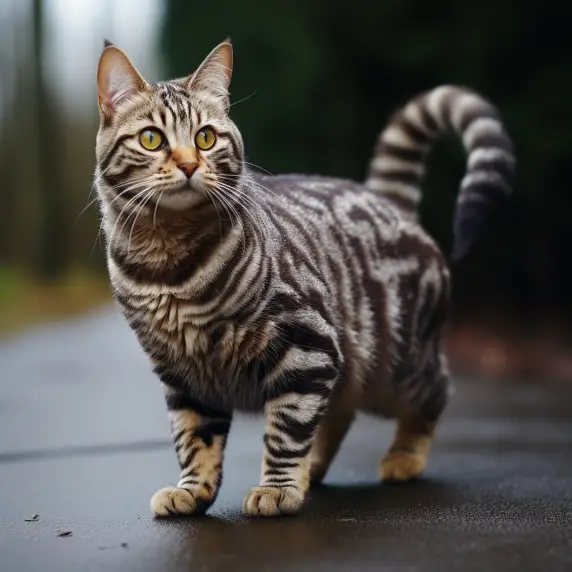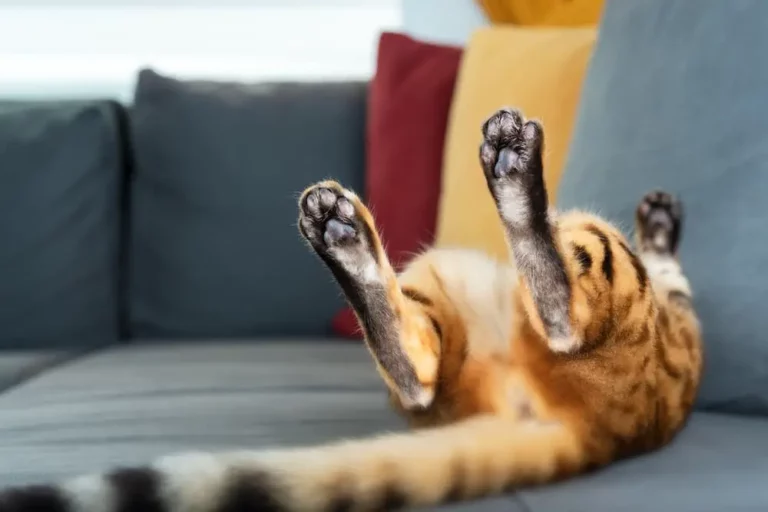Why Are Cats Affectionate in the Morning?
Have you ever noticed that cats tend to be especially affectionate in the morning, but then more aloof throughout the rest of the day? This behavior can be puzzling for us cat owners, but there are a few intertwined social and physiological reasons behind why cats may be so cuddly in the early hours of the day.
Let’s dive into some of the reasons why cats are affectionate in the morning…
Key takeaways
Cats are crepuscular, so they’re more active at dawn.
Morning affection may signal hunger.
Cats form habits based on owner routines.
Morning affection can indicate social bonding.
Physical contact in the morning is a form of communication.
Affection can be a response to nighttime loneliness.
Cats’ Circadian Rhythms
Cats, just like people, experience a circadian rhythm – although their peak times often happen when humans have already gone to bed. Being nocturnal animals, cats naturally have another surge of energy and activity in the early morning hours.
This instinctual behavior is what likely brings out your cat’s need for affection just as you’re starting your day. So, it might not be because they missed you; it could be the onset of the day’s peak activity time.
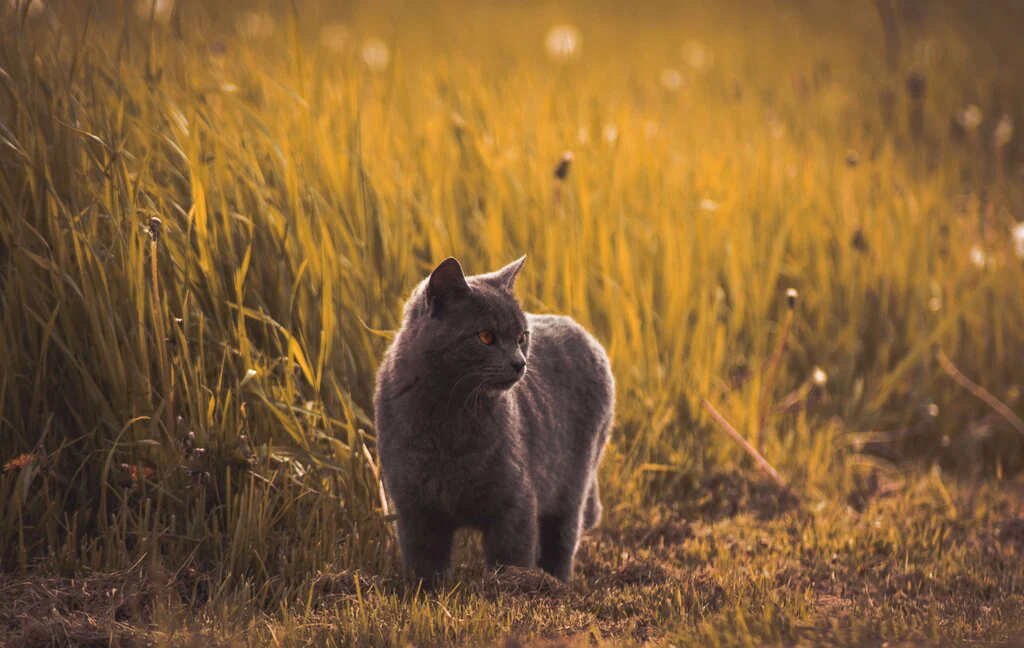
Territorial Nature
An uptick in heavy petting could also be a sign of territoriality. In the wild, cats will protect their turf in an effort to establish themselves as dominant. For example, your cat is more likely to throw around some affection if it feels threatened (either by another living thing or a change in its environment).
Refilling food and water bowls, visiting guests, and other activity could cause them to act out these instincts through cuddling.
Cats Seek Security and Comfort in the Morning
Cats may be more prone to seeking out extra love in the morning as a way to ensure their safety. Consciously or subconsciously they know they have plenty of time and nothing else going on to distract them.
Cuddling up with their owner is a way of finding assurance that they are in their own safe space, and then remaining there until it’s time to face the light of day.
Instinctive Hunting Drive Emerges at Dawn
Cats are also motivated by their instinctive hunting drive and time. They have a biological clock that switches them into foraging mode at dawn and alerts them when it’s time to hunt down their prey.
Cats may need the extra affection from their caregivers to help them calm down and relax before they enter their peak hunting window of the day.
Early Morning Cuddles Can Promote Bonding Between Felines and Humans
Felines are social creatures and create strong bonds with their caregivers. Early morning cuddles provide cats with the comfort and security they need before starting their daily activities.
Spending time in close contact when stroking or snuggling a purring cat can reduce stress levels and lead to improved health both mentally and physically.
Why Does My Cat Wake Me Up Purring?
Cats are naturally independent, but they can form loving and often affectionate bonds with their humans.
A common way that cats display their love for you is through purring.
Cats will often purr in the morning when they sense that you’re going to give them attention and affection, indicating that they are anticipating your interaction.
Cats have been known to be more affectionate in the mornings because they often associate this time with their owners.
Cats are crepuscular by nature, which means that they become most active during the dawn and dusk hours.
Therefore, when their spark of energy returns when you begin to stir in the morning, cats will often show signs of appreciation as a way to recognize human companionship and express love.
While purring can indicate pain and illness, most cats will show their affection in the morning by becoming chattier and more interactive.
Because cats are nocturnal creatures, they tend to be more active and energetic during the daytime hours.
Cats are also hard-wired to stay close to their humans for protection and comfort, which can be why they curl up beside you for snuggling in the mornings.
Why Do Cats Walk on You While You Sleep?
Cats tend to be especially affectionate in the morning for a variety of reasons, one of which is that it’s their way of communicating and connecting with you.
They may also be trying to wake you up, anticipating that it’s typically the time when you start tending to them.
Cats are intelligent animals who often demonstrate their strong emotional bonds with their owners through subtle behavior like this.
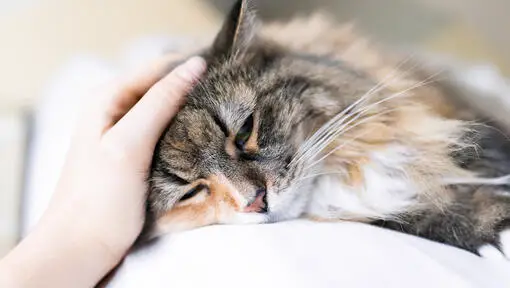
Cats have been wired by nature to hunt during the day, therefore they tend to be alert and active in the early hours of the day.
As a result, cats often meow or purr for attention at sunrise, as this is when their need for affection and playtime starts to increase.
Morning cuddles and affection from them can be a sign of gratitude for being fed on time.
Because cats sleep most of the day, they tend to be more active in the morning, which could give you a good wake-up call with their loving purrs and rubs.
Additionally, cats may like to sleep near warm objects and humans provide just that— warmth.
Therefore, it is possible that cats enjoy gaining your attention in the morning as you lay there all comfy.
5 Simple Tips for Stopping Your Cat Waking You Up Too Early?
If your cat is waking you up at the crack of dawn each morning, you may be feeling frustrated and exhausted.
Fortunately, there are five simple strategies that can help you break the 5 A.M. wake-up cycle and get a good night’s sleep—no matter how insistent your furry friend might be!
1. Keep the Bright Lights at Bay.
Keeping the bedroom environment dark is key to getting those extra few hours of rest. Even if your cat is sleeping soundly in the middle of the night, their eyes might be sensitive to changes in light.
Even if you don’t think it’s too bright in the room, dim all artificial lighting for a better chance at catching up on sleep. Closing curtains or shades can also help keep natural light from leaking through and waking you up.
2. Provide a Mutually Acceptable Place to Sleep.
If your cat has a preferred spot to hang out, find an alternative that’s suitable for both of you. This could be a large ottoman or footstool placed in the bedroom since cats like height but don’t need too much room to move around.
If they always prefer their spot on the bed, get them their own pet bed and place it away from your sleeping area so they’ll settle in their own area instead of jumping up and down on yours.
3. Create a Routine That Lasts Throughout the Day.
Keeping to a routine helps not just keep your cat’s chaos at bay, but it also signals when bedtime is close.
Make sure that your cat gets an afternoon nap and implement a nighttime ritual hours before the desired bedtime.
This could be brushing their fur, reading a book in their presence or playing with their favorite toys for 10-15 minutes.
This will relax them, giving them time to orient themselves to the idea that it’s time for sleep before being tucked into their own spot outside of your sleeping area.
4. Reward Positive Behavior with Treats and Toys.
Positive reinforcement is a powerful technique when it comes to training felines.
Give treats and toys as rewards whenever your cat follows the desired wake-up time. Your cat will associate the reward with their good behavior, helping them stay on top of their routine.
Make sure that the rewards don’t lull them into staying up later by accident – kitty bedtime snacks should be as exciting as possible, without offering too much energy to keep them going for extended periods at night!
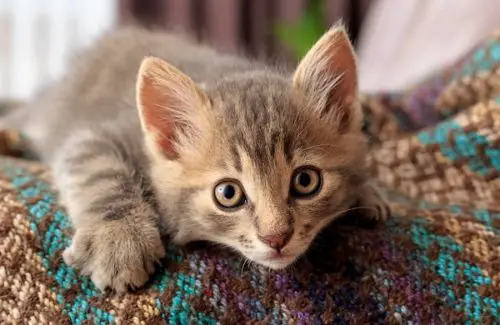
5.Enact “Ignore the Problem” Tactics When Necessary.
If things reach a point where your cat has gotten too used to their routine wake-up time, there’s nothing wrong with letting them know that their behavior won’t be tolerated.
If your cat meows persistently or wakes you up before the desirable time, simply roll over and ignore them for some time.
Cats understand that being ignored is nearly as worse as physical punishment; soon enough, they will understand that waking you up in the middle of the night isn’t tolerable behavior.
Final Thoughts on Why Are Cats Affectionate in the Morning
Cats seek out your attention, affection and even playtime in the morning because they come to expect that. If you have a set routine of feeding them and/or playing at the same time every day, your cat may seek you out and try to wake you up just for that reason.
To prevent this, try ignoring your cat when it wakes you up, even if it’s tempting to indulge them. Also, playing with them right before bedtime can help wear them out so they are more likely to sleep later in the morning.
Thanks for reading! If you have any other thoughts on this topic, please don’t hesitate to comment below!

